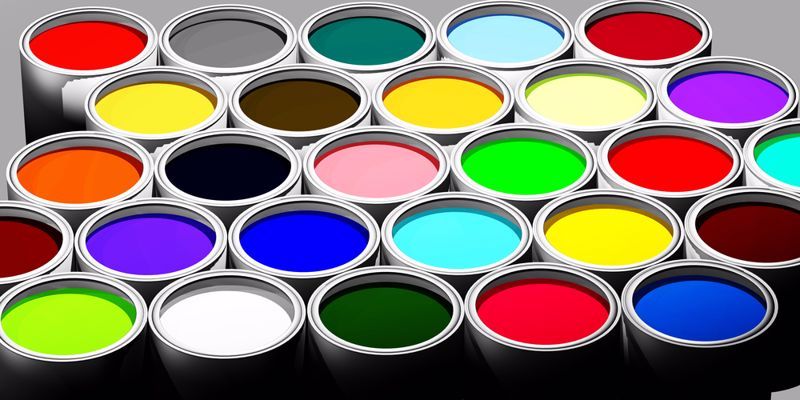But there are a variety of other shortages that aren't as widely discussed, some of which are on the cusp of — or have already reached —scarce stage. Understanding what those are can help business owners establish expectations for customers and develop strategies to mitigate the resulting effects on productivity.
Resin
Whether it's used for walls, exteriors, fences or concrete, paint is a staple of home improvement and specialty stores. But paint suppliers like Benjamin Moore, Behr and BASF Coatings have less of it than normal. This includes Sherwin-Williams, the largest painting company in the world in terms of annual revenues.
The reason is resin: There isn't enough of it. Resin is a polymer used in the manufacturing of plastics, varnishes, adhesives and industrial pipes. It's also a key ingredient in paint, but due to severe weather disruptions that have impacted states where resin is heavily produced — like Texas — resin factories remain in catch-up mode.
Heightened demand has compounded the problem, according to Rajeev Prabhakar, who specializes in chemicals, industrials and energy at the consulting firm Kearney.
"The demand grew, but we were also starting a supply from low inventory levels across the supply chain," Prabhakar told Supply Chain Dive. "Everybody had depleted their inventory when demand collapsed last year so there's not much buffer."
Prabhakar added, however, that in a few months' time, resin supply should be back to normal, assuming there aren't any significant storms that can affect the electrical grid and water supply, which are needed to make resin.

Magnesium
Found in cements, glass, iron and steel, magnesium is another widely used raw material, but due to government crackdowns on carbon emissions in China, where most of the world's magnesium originates, a magnesium shortage could compromise those other product lines. During an earnings call, Alcoa Chief Financial Officer William Oplinger warned about this potential.
"[Magnesium] shortages are a concern and our procurement team is actively working on trying to make sure that we have enough material to be able to supply our customers," Oplinger said, according to Seeking Alpha. "But shortages are our concern."
Approximately 80% of the world's magnesium supply comes from China, according to the CME Group.
Maltaco, a major aluminum producer for forging and extrusion manufacturing, told customers that the company may need to ration supplies heading into 2022 if the scarcity continues, as reported by S&P Global Platts.
Business owners who rely on these raw materials may want to take measures now to optimize their manufacturing processes or diversify their suppliers so production is as minimally affected as possible.



Post A Comment:
0 comments so far,add yours